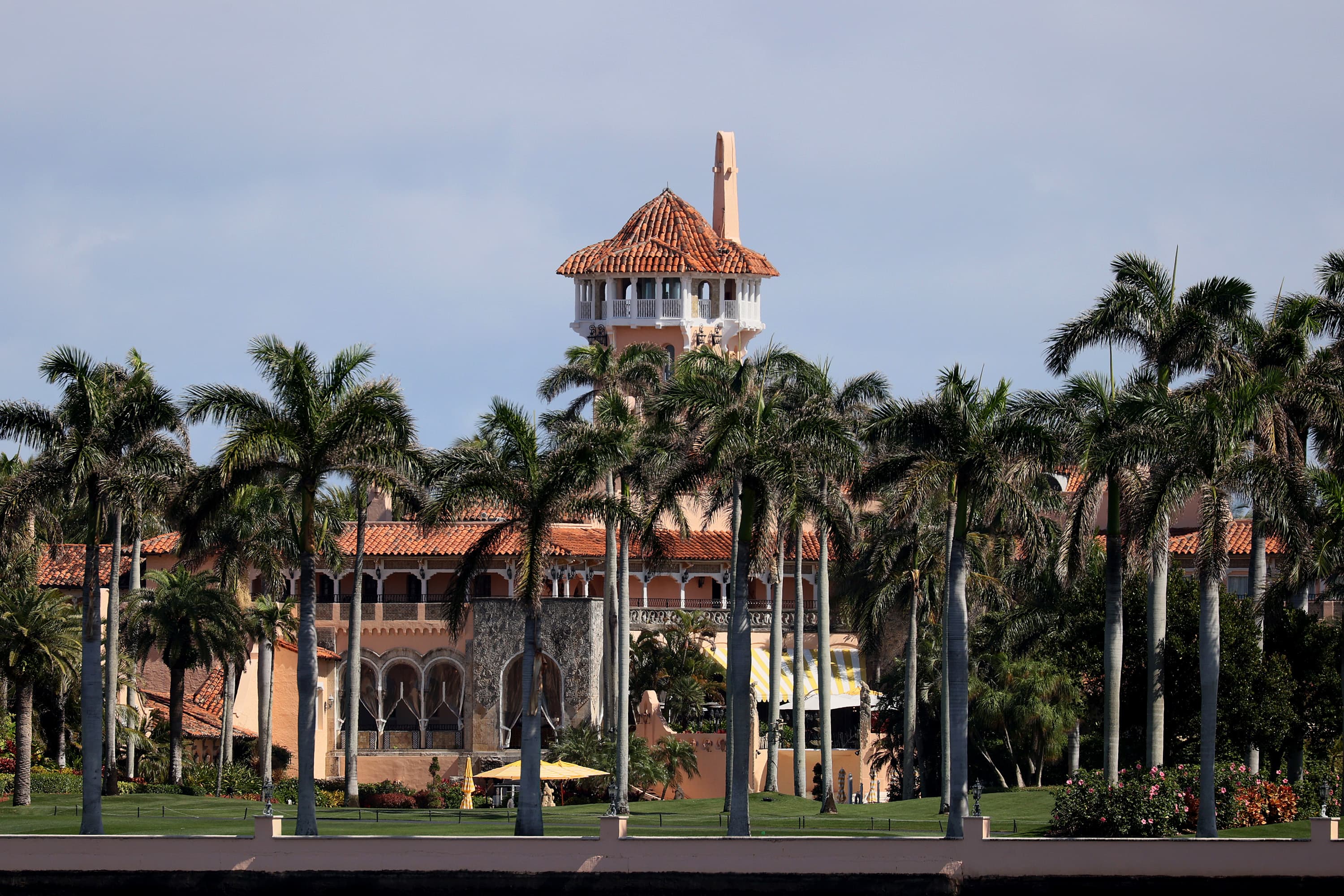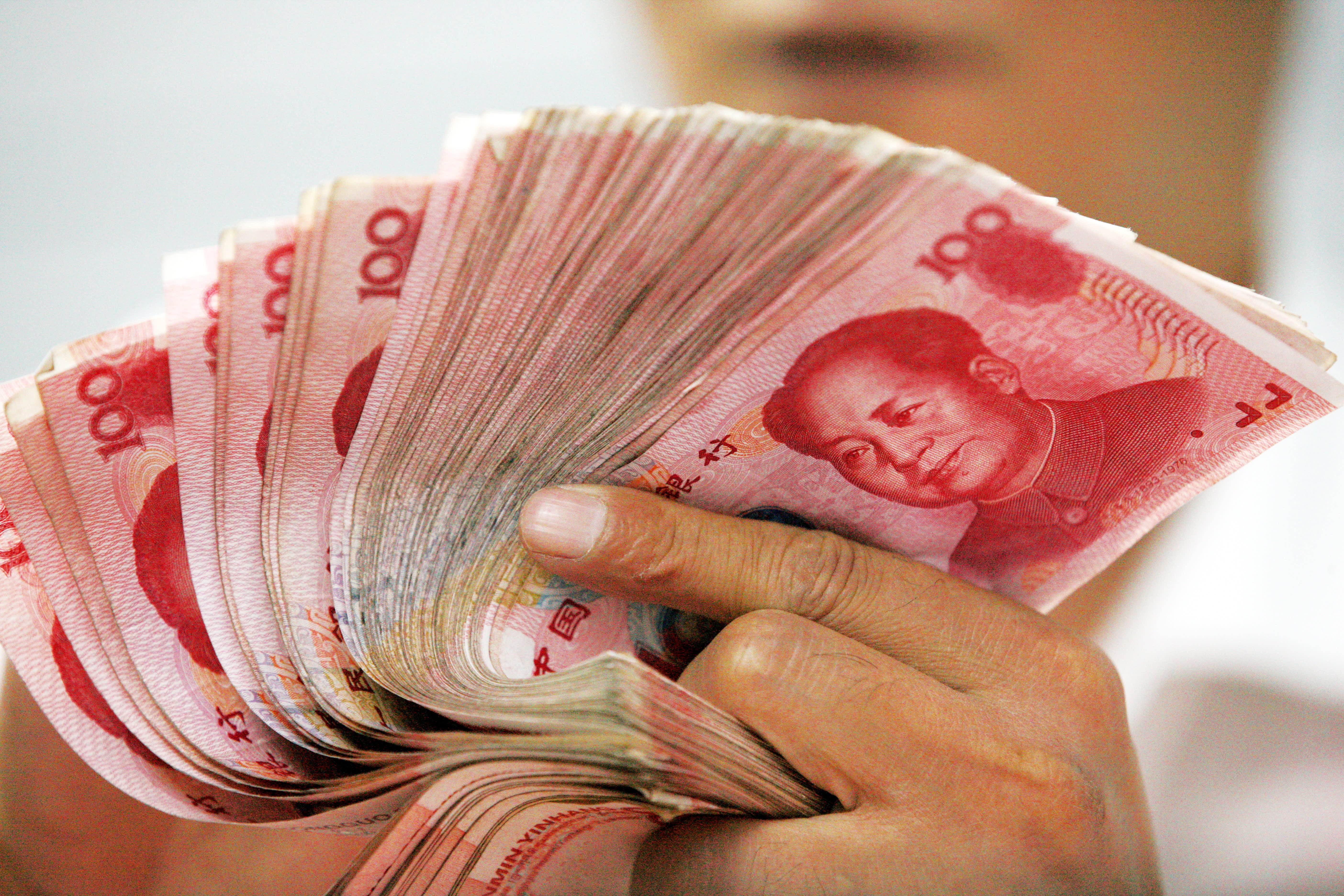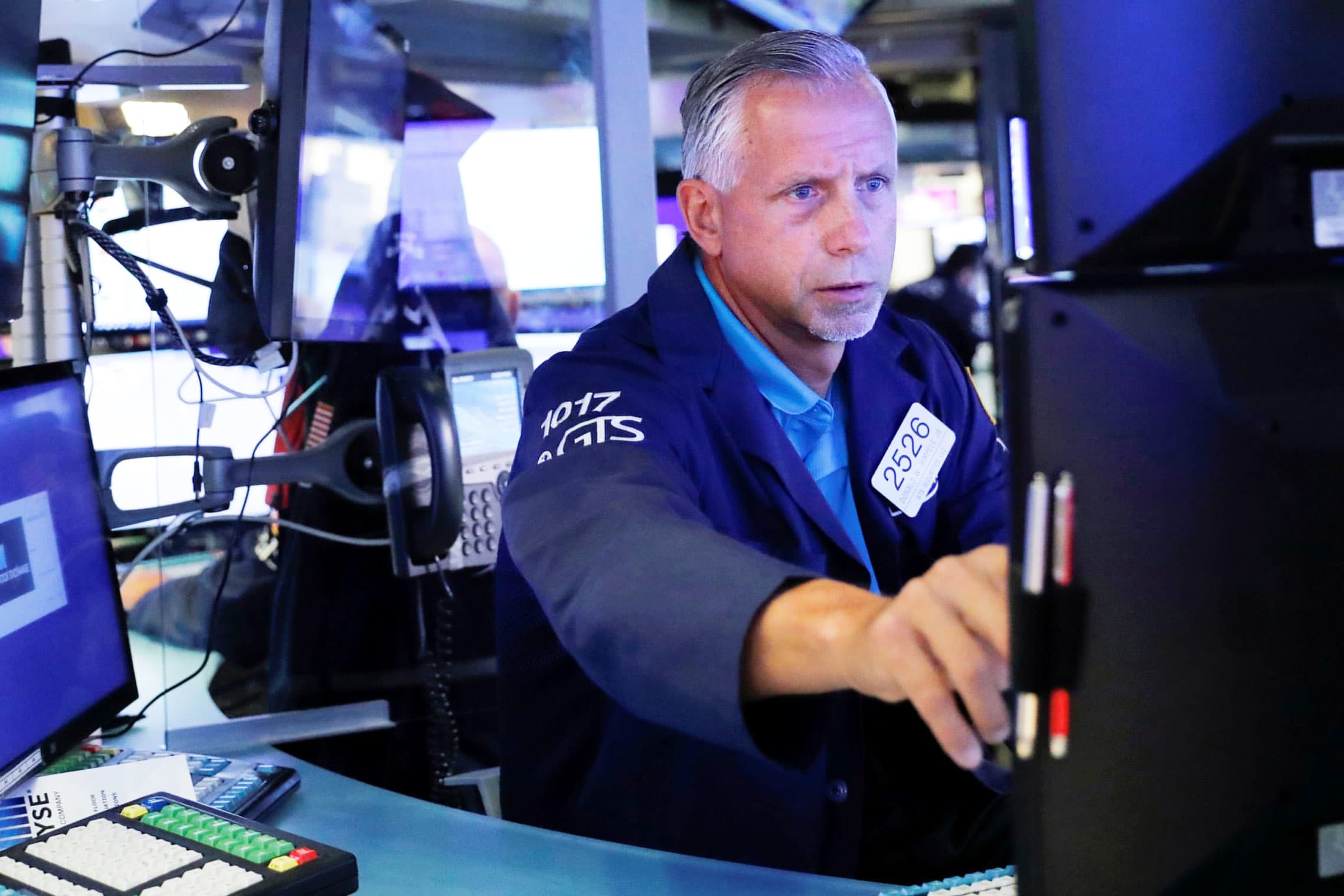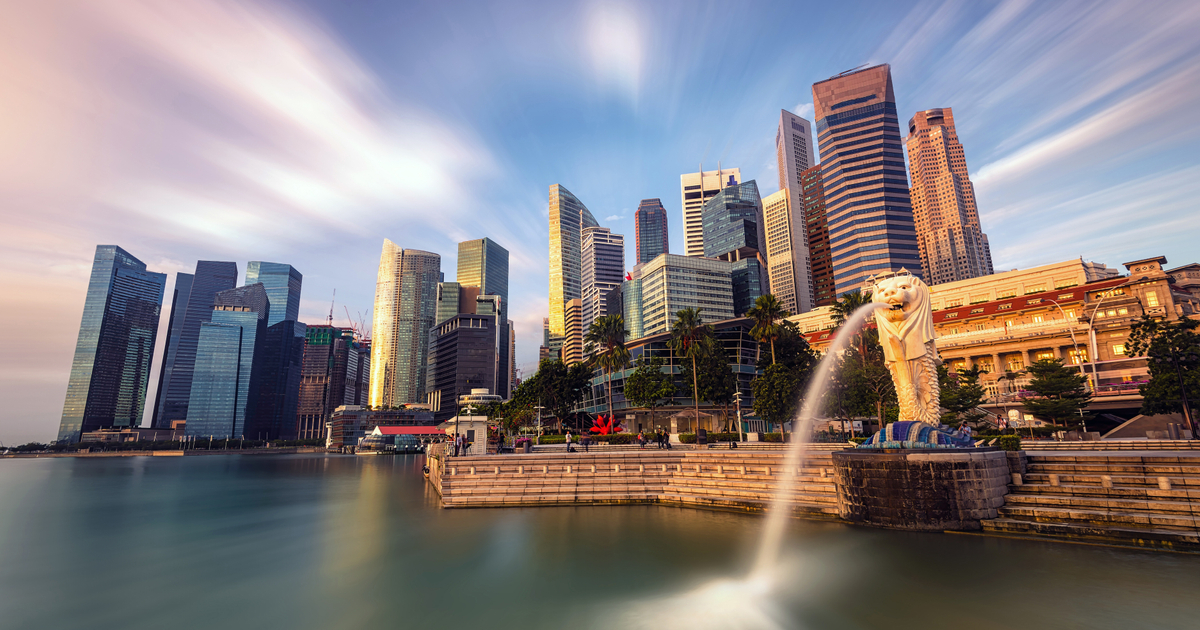'Time is running out': UN says Asia-Pacific is falling behind on sustainability goals
Asia-Pacific isn't on track to achieving any of its sustainability targets by 2030 and the pandemic has slowed progress in many areas, said a UN representative.
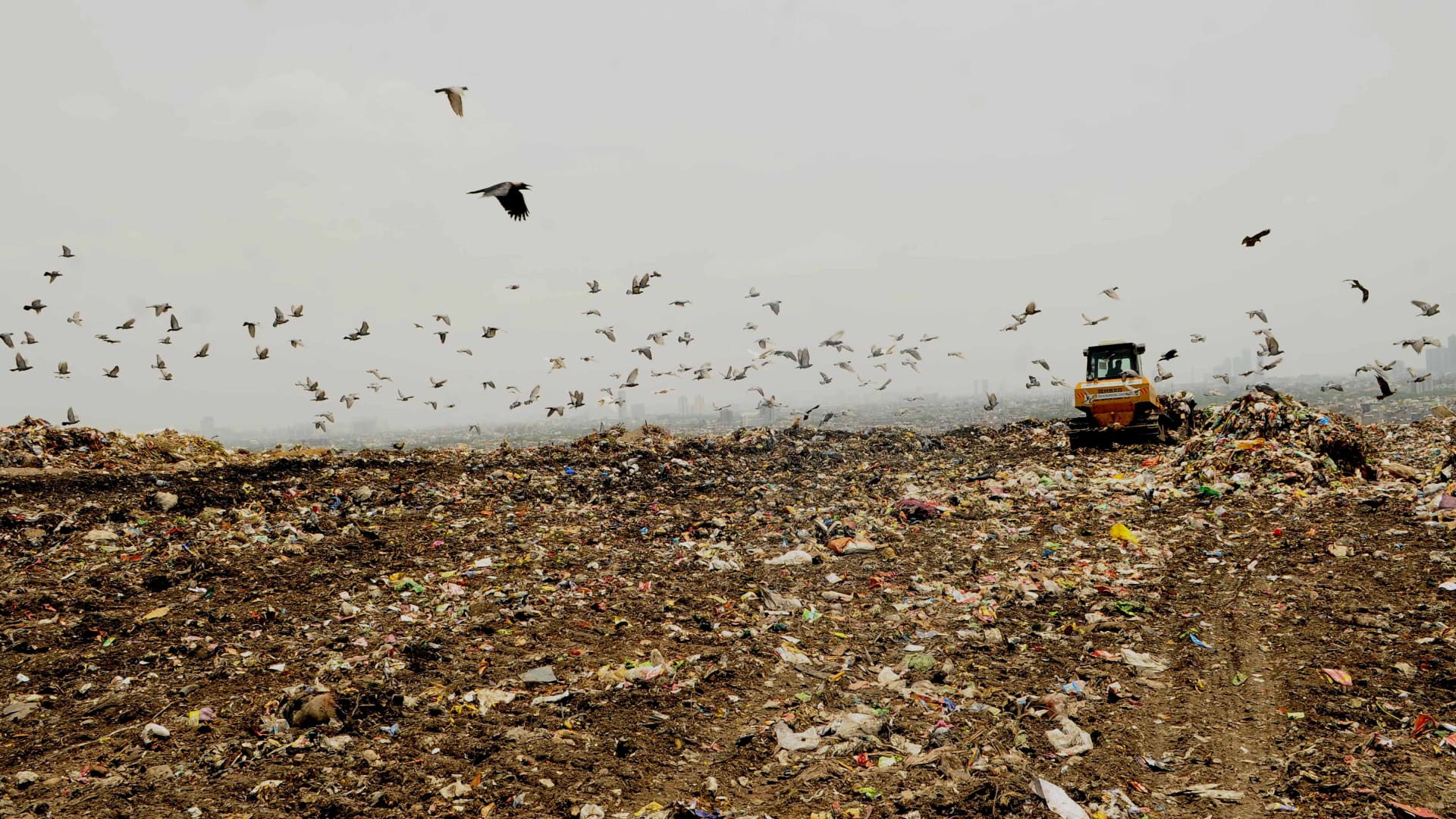
Asia-Pacific isn't on track to achieving any of its sustainability targets by 2030 and the Covid pandemic has put a drag on progress in many areas, said a United Nations representative.
"Time is running out. Right now, at the current pace, without raising ambitions, without acceleration, this region is not set to achieve any of the sustainable development goals by 2030," Kaveh Zahedi, deputy executive secretary of the United Nations Economic and Social Commission for Asia and the Pacific (ESCAP), told CNBC's "Squawk Box Asia" on Thursday.
Established in 2015, the UN sustainable development goals aim to make progress on a number of issues by 2030, including reducing inequality, combating climate change as well as improving health and education.
Though Zahedi said there were "bright spots" of decent progress on some goals like providing affordable and green energy, he said change is on the whole "simply too slow."
He said the region has seen a "rollback" in some areas and is "going backwards" when it comes to climate action, sustainable consumption and production.
Read more about clean energy from CNBC Pro
Zahedi said that regression is especially worrying given that the Asia-Pacific is particularly vulnerable climate change. He attributed the slowdown to the pandemic, which he said will set back sustainability targets by 30 or 40 years.
Vulnerable groups
While the pandemic has exposed and accentuated many inequalities, Zahedi said such gaps have persisted during the recovery.
He said the rebound has been "K-shaped" — meaning that some countries and groups are "doing OK," while others are "not doing well at all."
Vulnerable groups have borne the brunt of the pandemic, which he said has led to a surge in gender-based violence; people with disabilities seeing their support networks "evaporate"; and job losses among migrants and those working in the "informal sector" — the part of the economy that includes gig workers, street vendors and other odd jobs.
Zahedi said children are another vulnerable demographic, with over 30 million in the region suffering from "wasting," a form of malnutrition. According to the Sustainable Development Goals Report 2021, the pandemic is expected to worsen all forms of malnutrition, especially in children, due to a loss of household income and disruptions to essential nutrition services, among other factors.
Children have also been pulled out of school, a situation which "often perpetuates inequality from one generation to the next," he added.
Call to action
Zahedi argued sustainability goals provide "a roadmap out of the Covid pandemic," urging governments and businesses to step up.
Still, he acknowledged varying rates of progress in the region. For instance, while East and North East Asia are on track to achieving the goal of "no poverty," other subregions are lagging behind.
In a report published Thursday, ESCAP stressed the need for regional collaboration and partnerships to address such gaps within Asia-Pacific.

 Tfoso
Tfoso 







